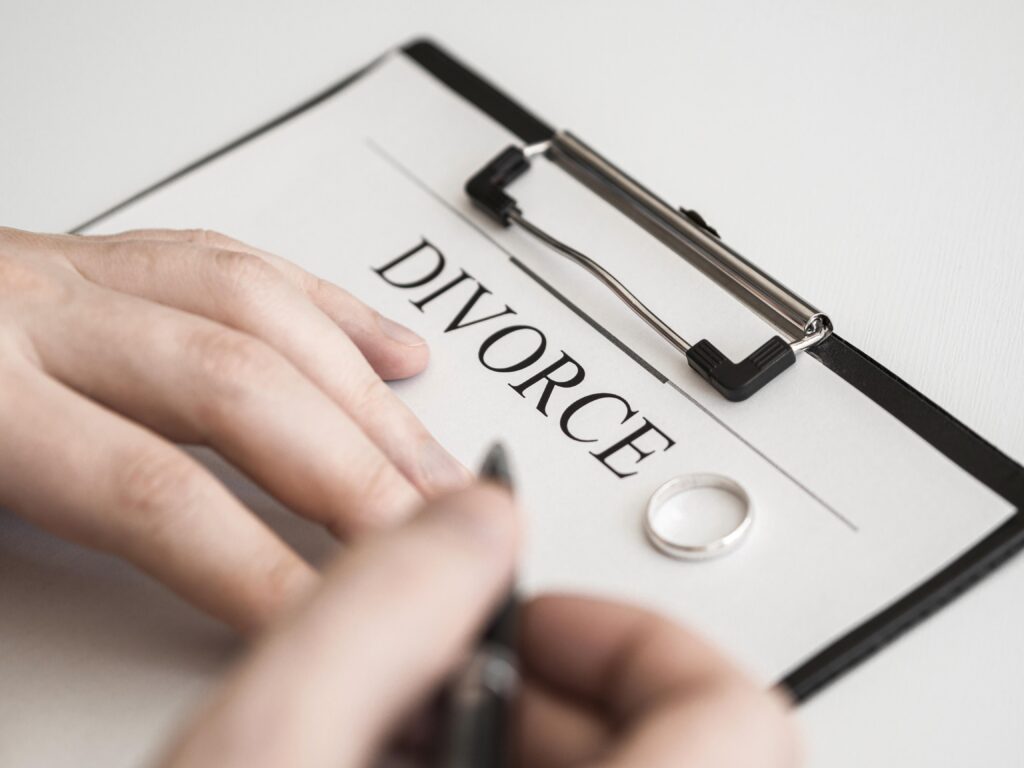Now Reading: How to Navigate a Breach of Contract Lawsuit
-
01
How to Navigate a Breach of Contract Lawsuit
How to Navigate a Breach of Contract Lawsuit
Nobody is perfect. Everyone makes mistakes. Unfortunately, some errors can be devastating, especially if it escalates into an argument and, eventually, a lawsuit. If you’ve been sued for breaching a contract, be alert but don’t panic—the police won’t be raiding your home and throwing you into a cell. Such cases follow due process and will take some time to conclude. But first…
What is a Breach of Contract?
Assuming you already know what a contract is, a breach of contract is any action that violates the terms stated in the agreement. It can be something as minor as not completing the obligations on time or something serious like neglecting the contract as a whole.
I’ve Been Accused—What Do I Do?
Since you’re the one getting sued here, you have to prepare your defense. While you’re at it, here are ways to navigate a contract dispute effectively:
-
Find the Right Attorney
Just as there are many kinds of doctors, there are also various specialists when it comes to law. For your situation, you’ll have to hire an exceptional breach of contract attorney. Why? Because this type of lawyer has sufficient knowledge and experience in legal battles that can help you get out of this mess. You’re basically defenseless without one, giving the opposing party the advantage.
-
Plan the Defense
Now that you’ve got dependable legal assistance, it’s time to come up with a defense.
- Read the complaint. This document contains the grounds for accusation and facts surrounding the dispute. Take note of the specific term that you’ve supposedly breached and the response date for the summons.
- Review the contract. Make sure that the violated term is stated precisely in the agreement. A single word that doesn’t match can be the key to a successful defense.
- Analyze the contract. Look for loopholes or terms that can invalidate the claims of the plaintiff. Ask your attorney for help.
What is an Affirmative Defense?
The defendant claims an affirmative defense in contract breach litigation. Note that it does not question or contest the primary complaint. Instead, the purpose of an affirmative defense is to provide facts that mitigate or render the breach accusation invalid. In other words, you’ll be admitting to the breach, but the opposing party has no right to win the case.
How does it work? Take Ben, a remote content writer, for example. His company accuses him of breaching their contract by being employed in another company without their knowledge. Ben then claims that there’s no conflict of interest since he works for the other company as a photo editor, not as a writer. He then adds that he does not neglect his duties as a writer. If the agreement doesn’t specify which line of work Ben cannot pursue, there’s a high chance the defense will succeed.
Types of Affirmative Defenses to a Contract Breach Claim
The example above is only one of the many angles you can use to defend yourself. Here’s some more affirmative defense share by nolo.com, a site that offers legal advice:
- The contract should be in writing. You can quote the Statute of Frauds law to solidify your defense. This defense is the most straightforward one against a plaintiff that wants to enforce an oral agreement against you.
- Act of God pertains to situations when a party breaches the contract because of an unforeseeable natural phenomenon. This type of defense is pretty common in Texas, where weather hazards like hurricanes and tornadoes occur with relative frequency.
- Lacking the capacity to contract. If you weren’t sure of what you’re doing when signing the contract, this would be the defense you should pursue. It has proven to be successful for cases involving minors, head injuries, and persons with mental illnesses.
- Duress. You can claim this defense if you’ve been forced, threatened, blackmailed, coerced, or placed under any form of pressure by the plaintiff to sign the contract.
- The contract is illegal. A court will most likely void any agreement if it involves illegal activities, such as prostitution, human trafficking, violation of tax laws, cybercrime, or fraud. Keep in mind that you’d still be accountable even if you’re the one that tipped off the authorities.
What Defense Should You Choose?
Although the court will allow you to have as many defenses as you want, it’s always better to stick to one solid angle. Having multiple claims weakens your argument and can often cause confusion. Make sure you work with your attorney to choose the best defense to win the case. Keep calm and trust the process.








